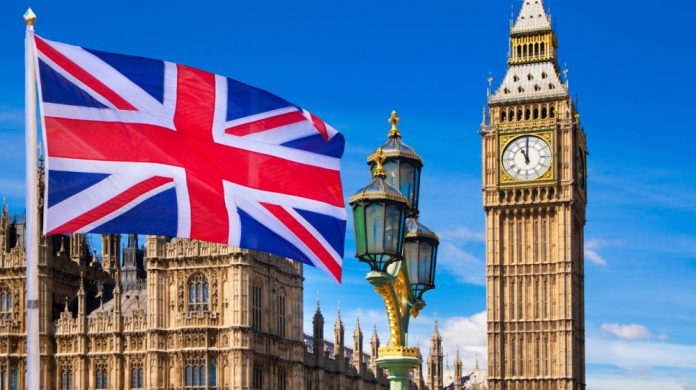GambleAware has stated that people seeking gambling harm support are being offered a treatment session with a trained professional within three and a half days, according to National Gambling Support Network data.
The dataset, for the period October to December 2023, also showed that organisations with the GambleAware commissioned network are contacting those seeking treatment within 1.3 days on average.
GambleAware and other organisations involved in the NGSN are highlighting the free support that is available ahead of this weekend’s Grand National.
Data from the National Gambling Helpline has also revealed that 4,816 calls and online chats were made in January 2024, which is more than any previous month on record and it is the sixth time the record has broken since the beginning of last year.
Since the network was recommissioned in April 2023, the helpline’s data showed that 28,175 people have been supported via brief interventions – conversations of 20 minutes or more and involving “short-term strategies aimed at addressing gambling harms, which are typically for more moderate concerns”.
The number of people supported via brief interventions increased by 113 per cent from 1,597 in Q1 23/24 to 3,396 in Q3 23/24.
David Quinti, who was supported by organisations within the National Gambling Support Network, commented: “Having accessed support through Beacon Counselling Trust years ago myself, I know the positive impact these services can have in rebuilding people’s lives after experiencing gambling harm.
“Talking to a professional each week about what I was experiencing was an enormous step to help understand my relationship with gambling and, ultimately, help me recover from it. I would urge anyone who may be struggling with gambling to reach out.”
The NGSN consists of 11 organisations split across regional providers – ARA, Aquarius, Beacon Counselling Trust, Breakeven, GamCare, NECA and RCA Trust – and national providers – Adferiad Recovery, BetKnowMore, GamCare, Primary Care Gambling Service and Gordon Moody.
The network offers gambling harm support – whether their own or someone else’s – locally, regionally and nationally in various ways including residential treatment, one-to-one support and cognitive behavioural therapy.
Recommissioned in April 2023, additional services are now available through the network, including peer-to-peer support, support with recognising gambling harms among GPs and other gambling-linked concerns such as debt advice and financial support.
Earlier this week, GambleAware published an invitation to tender as it is looking to commission an evaluation and learning partner to assess the effectiveness of the NGSN.
The partner will play a “key role in generating and disseminating learning throughout the NGSN as well as conducting an integrated review of its clinical, operational and economic effectiveness”.
Anna Hargrave, Chief Commissioning Officer at GambleAware, stated: “The GambleAware commissioned National Gambling Support Network is designed to prevent the escalation of harms associated with gambling. The network provides people with easy access to treatment and support wherever they are across Great Britain.
“It is heartening to hear the positive impact the services have on people’s lives and the difference they make. These essential third-sector providers play a vital role for people across the country, and we look forward to continuing to share this expertise and experience alongside the NHS under the new system once a levy is introduced.”
A recent survey by YouGov – taking place between January 29 and February 15, 2024 – asked over 5,075 UK participants how effective the following forms of support would be for reducing gambling harm: talking to a friend or family member; tools that block access to gambling websites; weekly sessions with a trained practitioner; or self-help apps.
Of the selections, 66 per cent said weekly sessions with a trained professional were the most effective form of support, followed by tools that block access to gambling websites at 59 per cent, talking to a friend or family member at 58 per cent and self-help apps at 29 per cent.
“Being able to speak to someone if you’re struggling with gambling is a vital tool in curbing gambling harms,” added Stuart Andrew, Gambling Minister.
“The increase in calls to the National Gambling Helpline shows the importance of getting the right help in place for those who may be suffering.
“That’s why in our white paper published last year we introduced a range of measures to prevent harms before they occur, including stake limits for online slot games and financial risk checks, as well as a levy on gambling companies to increase funding for research, prevention and treatment of gambling harms.”










